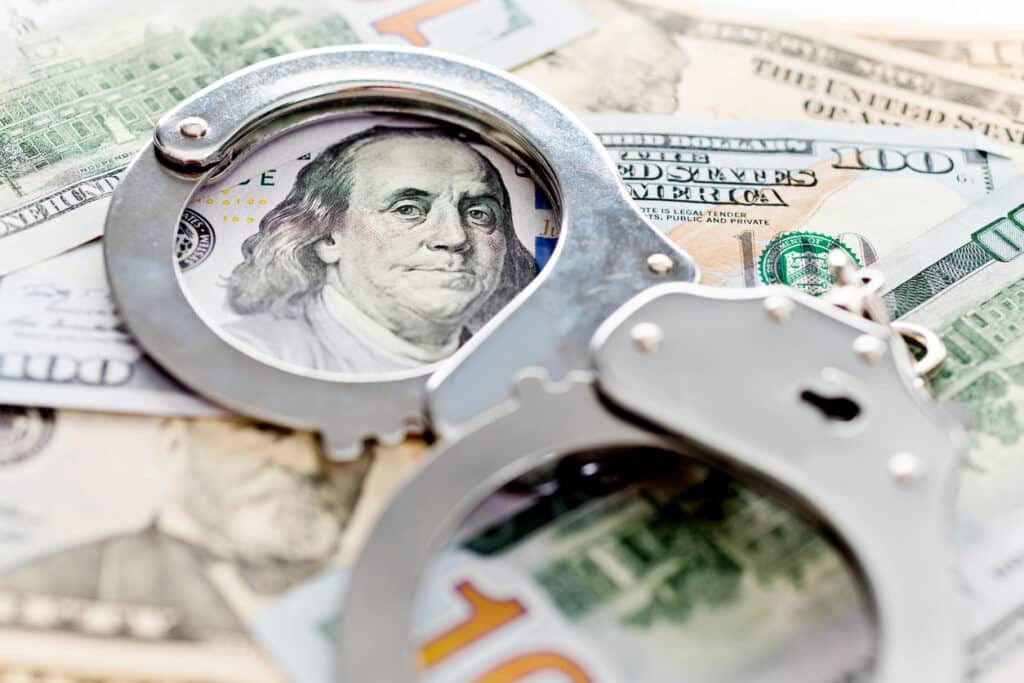On April 20, the U.S. Securities and Exchange Commission (SEC) and Department of Justice (DOJ) announced charges against Stericycle, Inc. for violations of the Foreign Corrupt Practices Act (FCPA). Stericycle, a medical waste management service, was charged with paying bribes to government officials in order to obtain and maintain business in Brazil, Mexico, and Argentina. The company is to pay over $84 million to settle the charges.
According to the DOJ, “between 2011 and 2016, Stericycle caused hundreds of bribe payments to be made to officials at government agencies and instrumentalities in Brazil, Mexico, and Argentina to obtain and retain business and to secure improper advantages in connection with providing waste management services.”
The SEC further alleges that “Stericycle also failed to have sufficient internal accounting controls in place, such as a centralized compliance department, to prevent or even detect the misconduct, and failed to implement its FCPA policies or procedures prior to 2016.”
“Stericycle rapidly expanded in Latin America without any meaningful oversight or compliance measures, as evidenced by widespread bribery schemes lasting for many years in most of its Latin America operations,” said Eric I. Bustillo, Director of the SEC’s Miami Regional Office. “Companies in pursuit of global expansion cannot disregard the need for appropriate controls.”
“Today’s resolution with Stericycle shows that the FBI and our international law enforcement partners will not allow corruption to permeate domestic or international markets,” said Assistant Director Luis Quesada of the FBI’s Criminal Investigative Division. “The consequences of violating the FCPA are clear: Companies that bribe foreign officials for business advantage will be held accountable.”
The FCPA, passed by Congress in 1977, is a U.S. anti-corruption law that prohibits the payment of anything of value to foreign government officials in order to obtain a business advantage. It also contains accounting provisions which require publicly traded corporations to make and keep books and records that accurately reflect the transactions of the corporation. In 2010, the Dodd-Frank Act, which established the SEC Whistleblower Program, added whistleblower provisions to the FCPA. Individuals can disclose information relevant to potential FCPA violations to either the SEC or the Commodity Futures Trading Commission (CFTC).
Through the SEC and CFTC Whistleblower Programs, qualified whistleblowers, individuals who voluntarily provide the SEC or CFTC with original information that leads to a successful enforcement action, are entitled to a monetary award of 10-30% of funds recovered by the government. Additionally, under the DFA’s related action provisions, when a whistleblower’s disclosure to the SEC also leads to a successful enforcement action by another agency, the whistleblower is entitled to an award of 10-30% of funds recovered in that action. For example, a whistleblower whose disclosure leads to FCPA charges by both the SEC and the DOJ could be eligible for awards based on the sanctions collected by both agencies.
Read:
SEC Charges Stericycle with Bribery Schemes in Latin America
